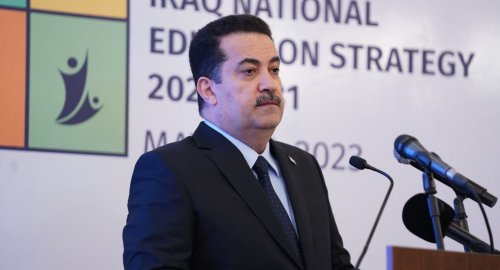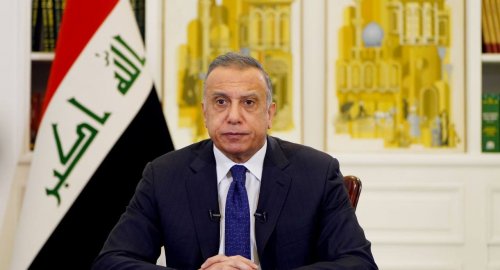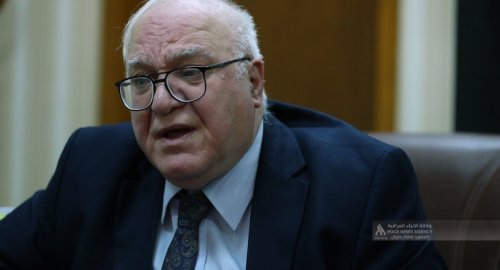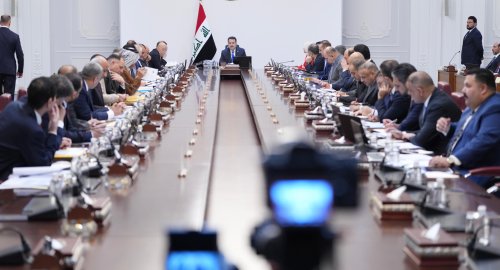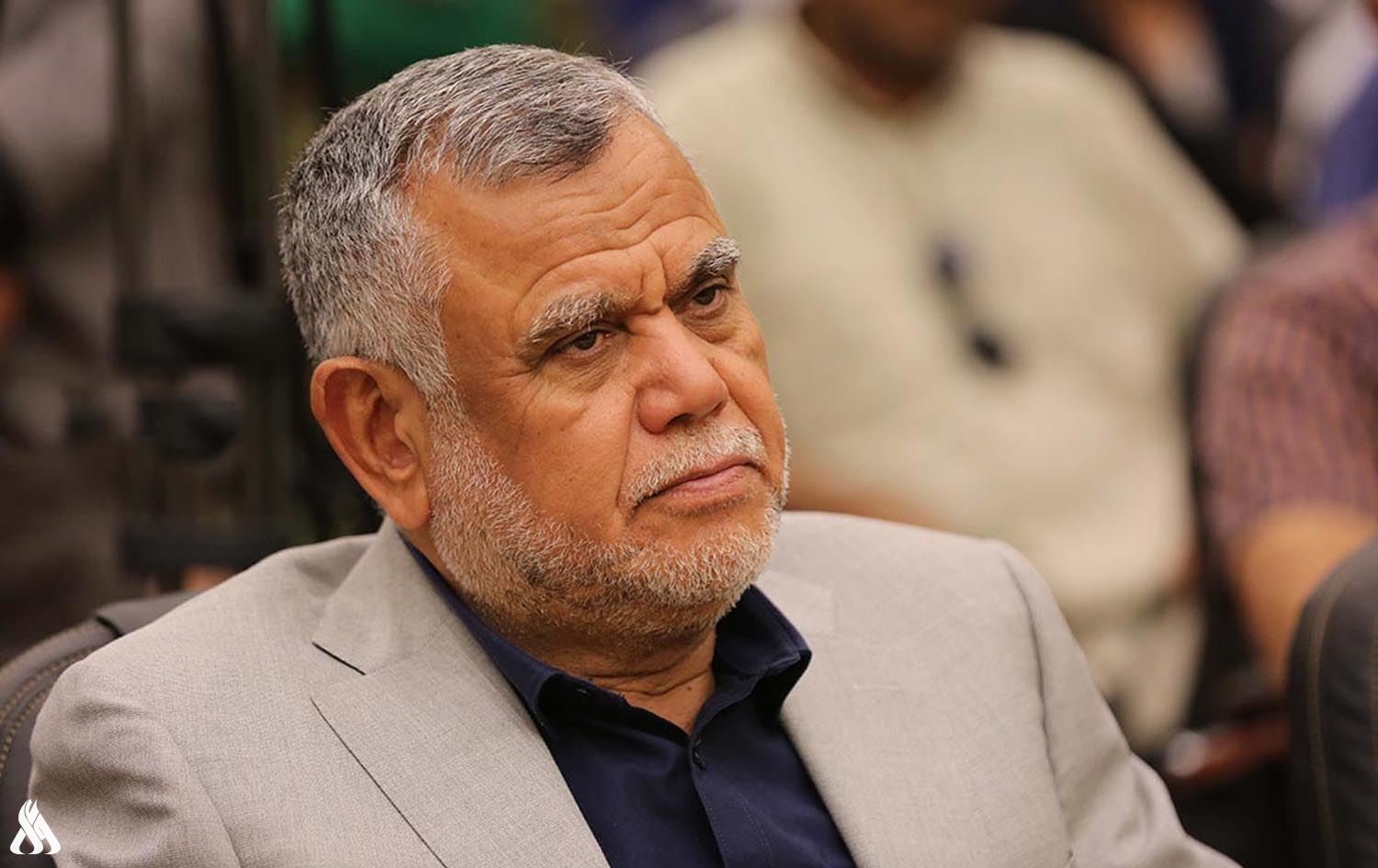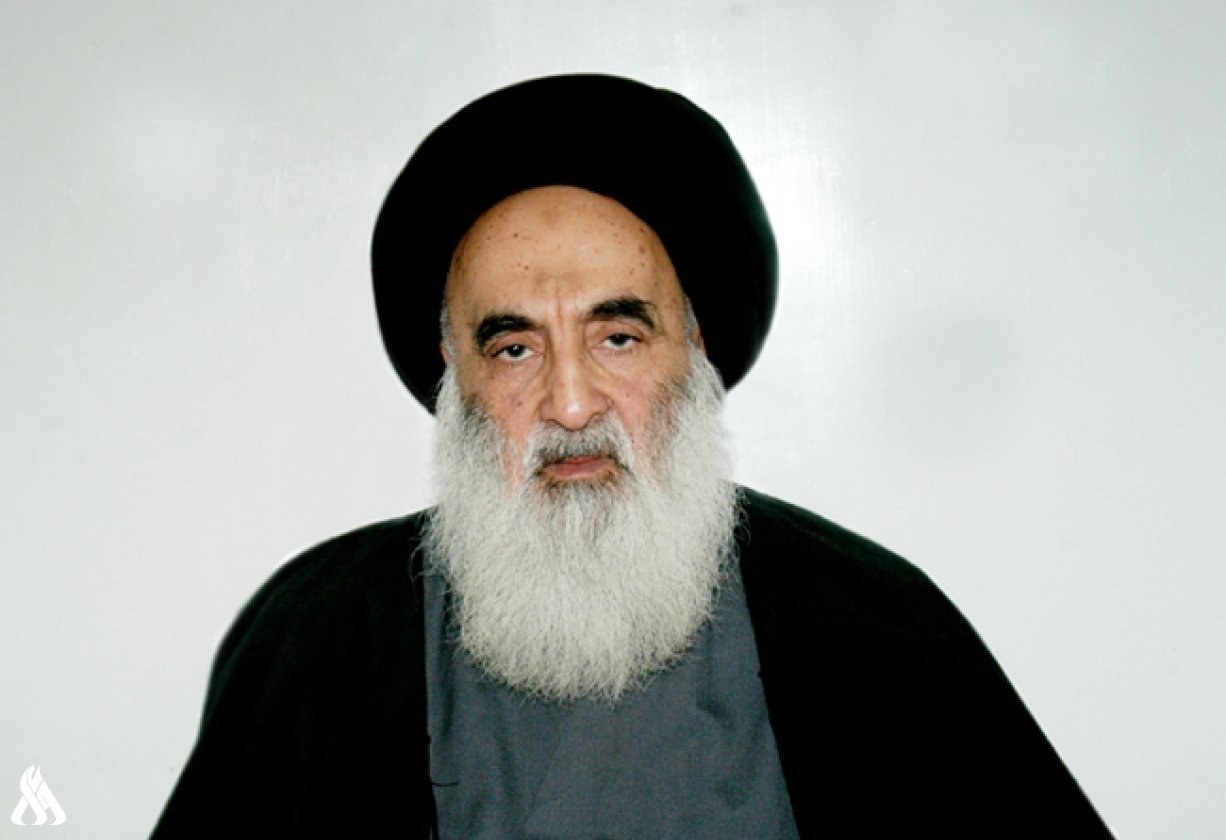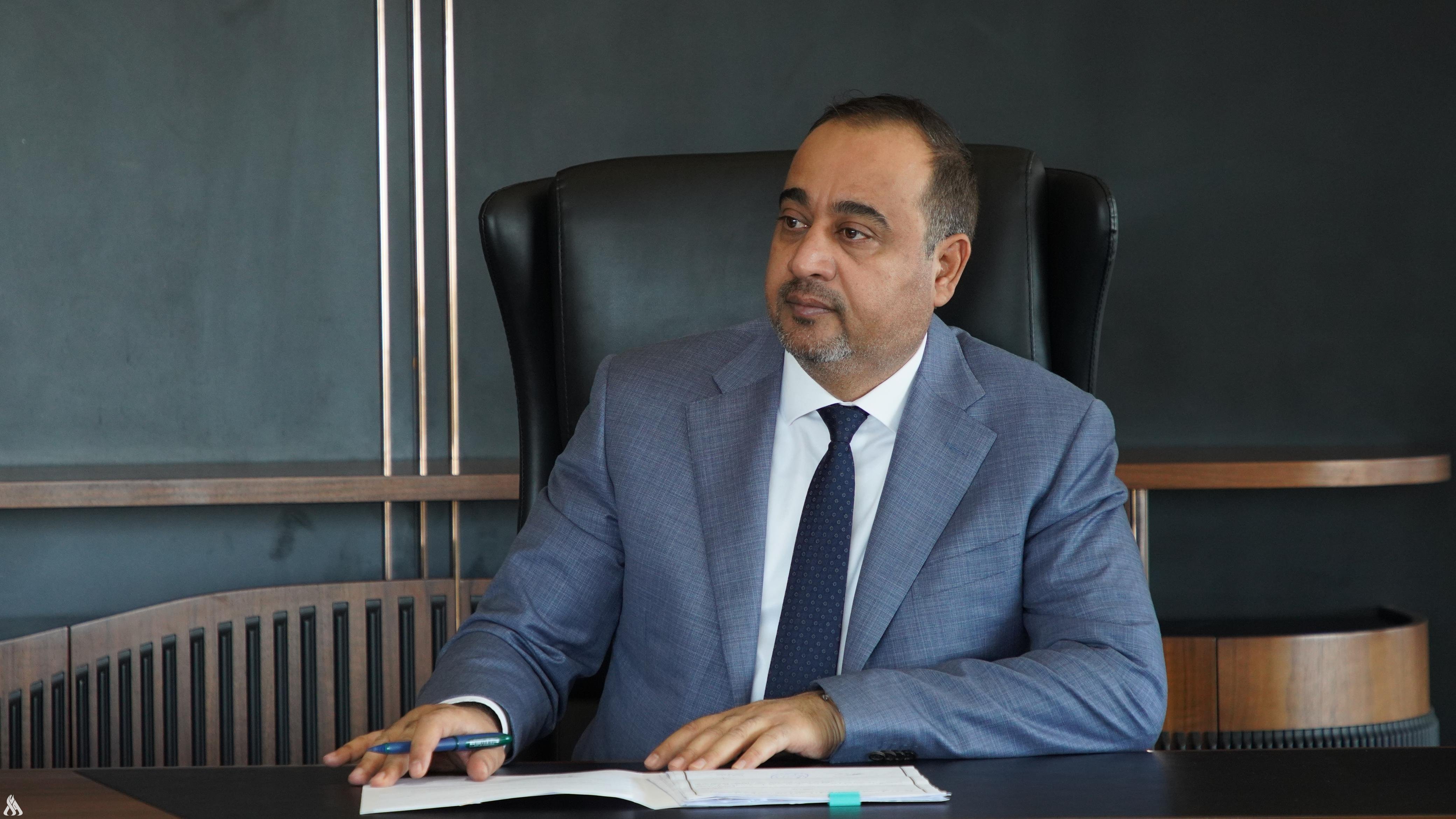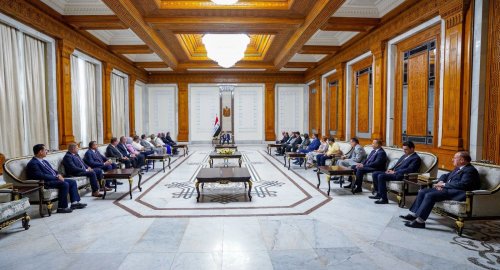
Rashid: Security stability helps to develop and improve the educational system

- 31-08-2023, 14:43
INA- Baghdad
President of the Republic, Abdul Latif Jamal Rashid, confirmed on Thursday that security stability helps to develop plans for the development and upgrading of the educational system, noting that the government program includes intensive attention to building and rehabilitating schools and attention to teachers and students.
A statement by the Presidency of the Republic, received by the Iraqi News Agency (INA), said that "President Abdul Latif Jamal Rashid received at the Baghdad Palace, the delegation of the International Teachers Syndicate headed by the Secretary-General of the International Educational Organization David Edwards," noting that "the two sides discussed the reality of education in Iraq and the world."
The President of the Republic stressed "the importance of the role of teachers and educational cadres in creating conscious generations who reject all kinds of extremist and racist thought and are able to build on the foundations of freedom, democracy and development."
He pointed out that "Iraq was a center for education, culture and higher degrees in the fifties, sixties and seventies of the last century, adding that it is the duty of the state to pay attention to education and work to develop and progress and consider the profession of education as a sacred profession."
He pointed out that "the security stability that Iraq is currently witnessing helps to develop plans for the development and upgrading of the educational system," stressing that "the government program includes intensive attention to building and rehabilitating schools, attention to teachers and students, as well as working to modernize curricula through the introduction of environmental issues, human rights and peaceful coexistence."
The President of the Republic explained that "Iraq has an ancient civilization whose sciences and laws have flooded the whole world and modern countries still depend on the products of that civilization," noting that "this matter requires the educational family and Iraqi educational institutions to exert efforts to revive the enlightenment movement and culture in the country."
He stressed "the need for coordination and activation of cooperation and communication mechanisms between the Iraqi Teachers Syndicate and the International Teachers Syndicate and the exchange of visits, experiences and trade union and educational experiences in a way that ensures the success of the plans drawn to develop the educational reality."
For his part, Edwards expressed "the keenness of the International Teachers Syndicate, which has a membership of up to 32 million, to open lines of communication with the Iraqi side," stressing that "the union's interest starts from kindergarten to the university stage and is fully ready to cooperate in a way that brings scientific and educational benefit to Iraq."
Edwards praised "the efficiency of the Iraqi teacher," describing it as "the basis and voice of history and civilization."
Al-Amiri warns of any war between Iran and the US
- politics
- 25/04/01
